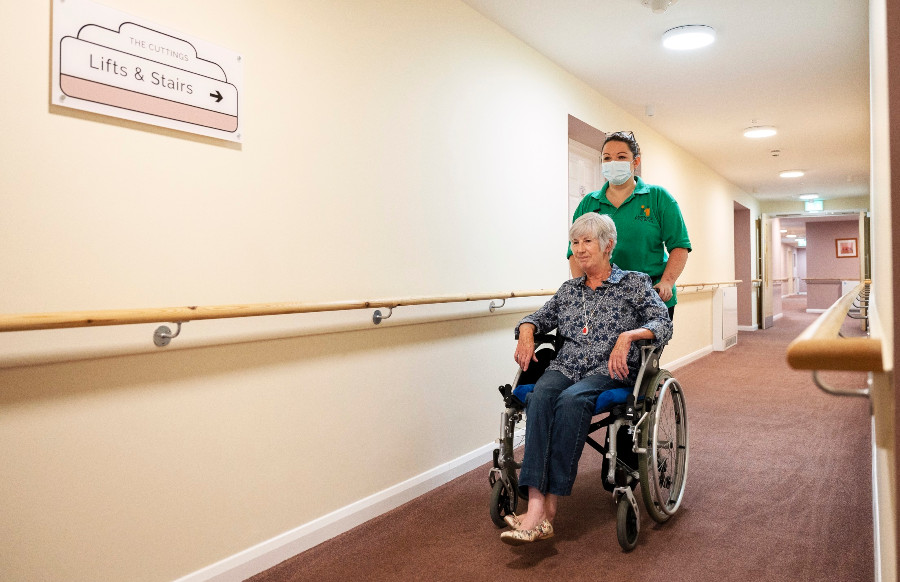Guest article: Why meeting the needs of an ageing society with technology and education is beneficial
Like most developed nations, the UK population is ageing; by 2030, one in five people in the UK will be aged 65 or over. In this article, Andy Hart, Training and Consultancy Manager at Tunstall Healthcare, discusses the importance of educating health and social care professionals about the benefits of technology in order to support an ageing population.
Even though we are living longer, we are not necessarily living more healthily. Long-term conditions like heart disease, diabetes and COPD are placing pressure on the UK’s National Health Service (NHS), accounting for 50 per cent of all GP appointments and 70 per cent of all hospital bed days. Their treatment and care absorbs 70 per cent of acute and primary care budgets in England.
A digital future
When today’s adults were children, owning a television was considered a luxury. Personal computers had yet to be conceptualised, and landline phones were the norm. Decades later, technology is not only reshaping our home and professional lives, but also enabling people to live independently for longer.

Devices that once seemed like science fiction are now being used to support vulnerable people to live safer, healthier and more enjoyable lives as they age.
Relatively low-cost telecare systems can automatically raise a call for help if they sense someone has fallen, or alert a sleeping carer if the person they care for experiences a seizure. This 24 hour support can help to avoid hospital admission, delay and prevent the need for residential care, and reduce carer burnout.
Existing solutions can also support the effective delivery of healthcare; for example, remote patient monitoring (RPM) enables early intervention, which can avoid the need for more complex care for people living with chronic conditions such as hospitalisation and ambulance call outs.
Such technology is scalable, cost-effective and empowers individuals to become confident in self-care, as well as care to be person-centred rather than place-based. It also enables clinicians to focus on those that truly need their support, whilst monitoring people that can support themselves.
The power of data
Raising awareness of the technology solutions available with health and social care professionals is crucial, but it’s also vital to engage with them on the way data is collected, stored, processed and understood.
The wider digital transformation and the application of data analytics is now seen as essential to the smarter management of operations, allocation of resources, collaboration across teams and services and ultimately, better delivery of care.
Technical barriers, such as the lack of computer literacy, compound other deterrents to technology adoption. Training can address any reluctance to adopt technology whilst reducing anxiety, increasing interest, and improving efficacy.
With the right education and digital frameworks in place, the integration of technology can start to focus on the citizen, their choices, their health, their care, without any of the gaps between institutions, and delivered more effectively, with better outcomes.
It is in this context that the digital transformation can enable innovation in terms of service design, to meet the needs of an ageing population and enable new models of care to be developed and scaled up.
Next steps
Digital technologies have tremendous potential to improve the lives of an ageing population. They can enhance the services on offer, giving people greater independence and control over their care and is proven to help support wellbeing. They can free up the time for more face-to face care, and help care providers to operate more efficiently, so they can do more to look after those they support and their employees.
Investing time in exploring existing and emerging technology, and educating health and social care professionals is key to enabling us to shape the services of the future and embrace the opportunities presented by digital solutions.
By educating staff about the benefits, we can ensure all stakeholders can commit with confidence to the transformation of services.
As technology continues to touch every aspect of modern life, we must not miss the chance to harness its power to support our ageing population’s health, wellbeing and quality of life.
Visit Tunstall Healthcare for more information on the education opportunities that are available for health, housing and social care staff.



